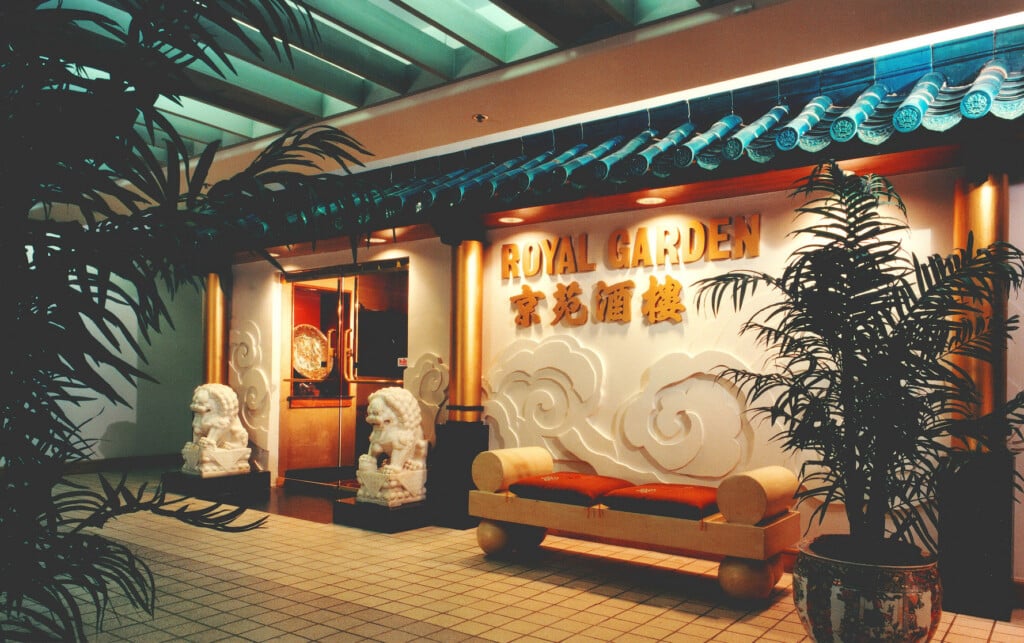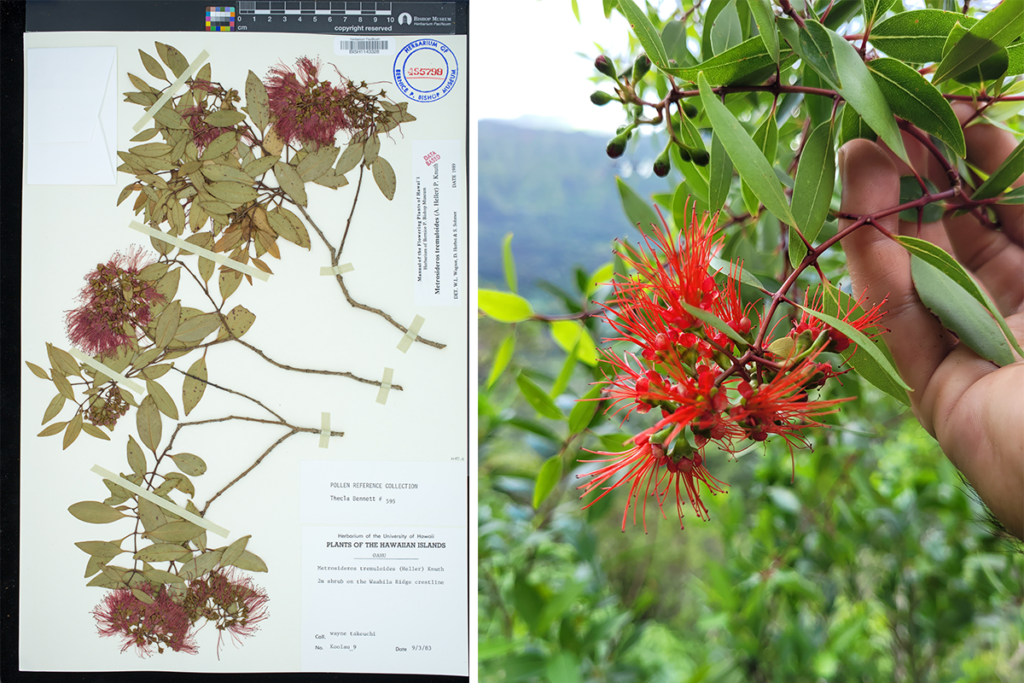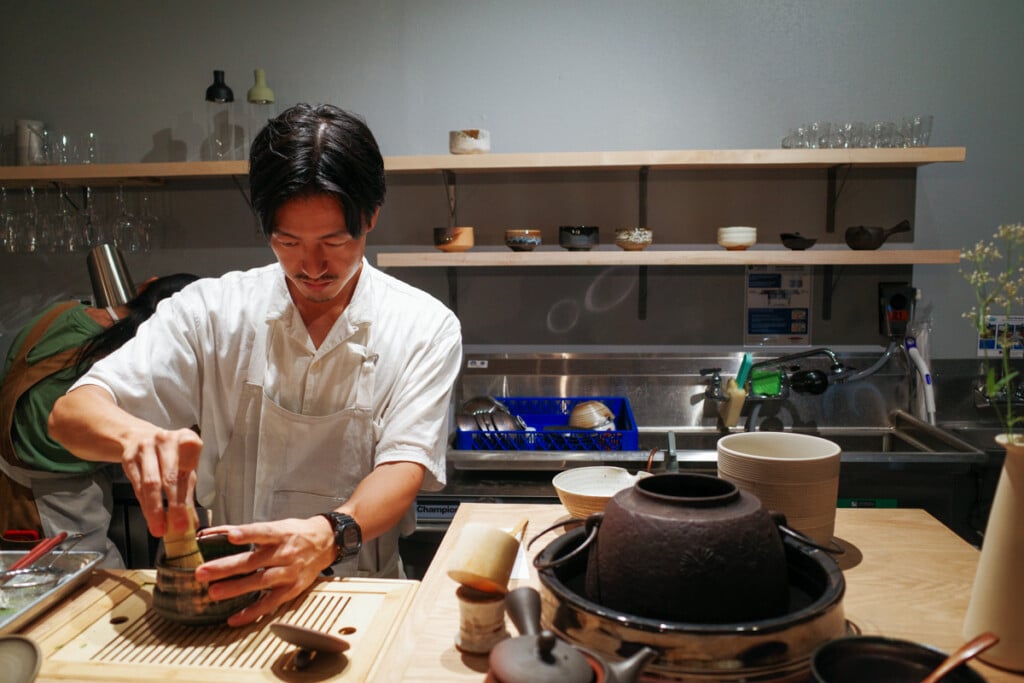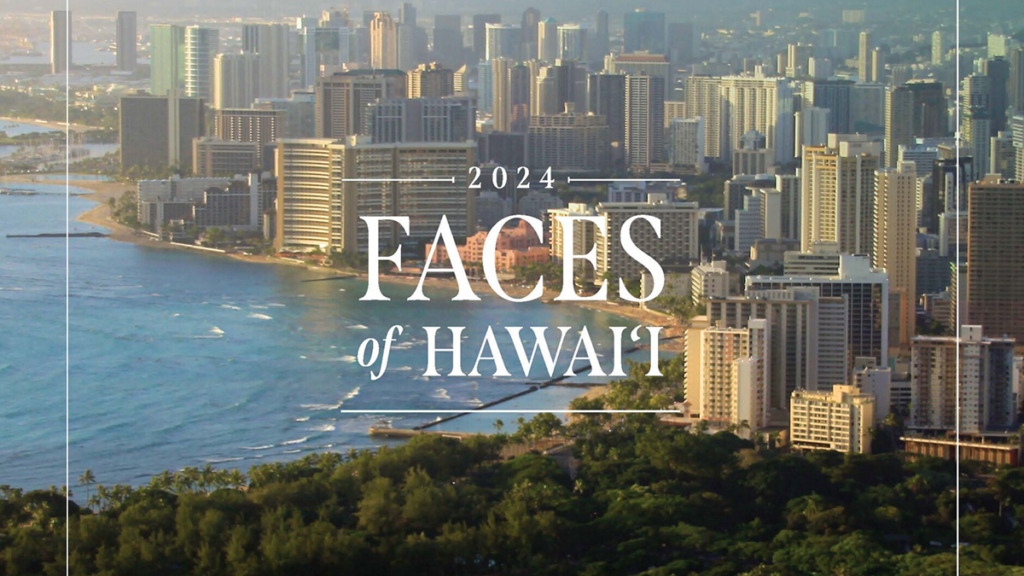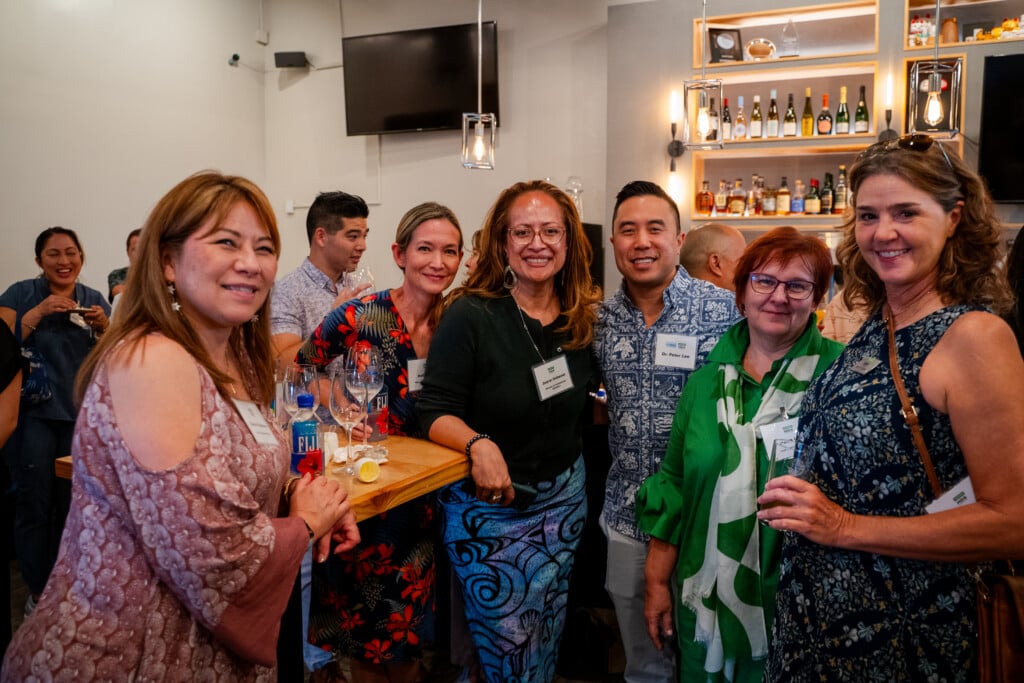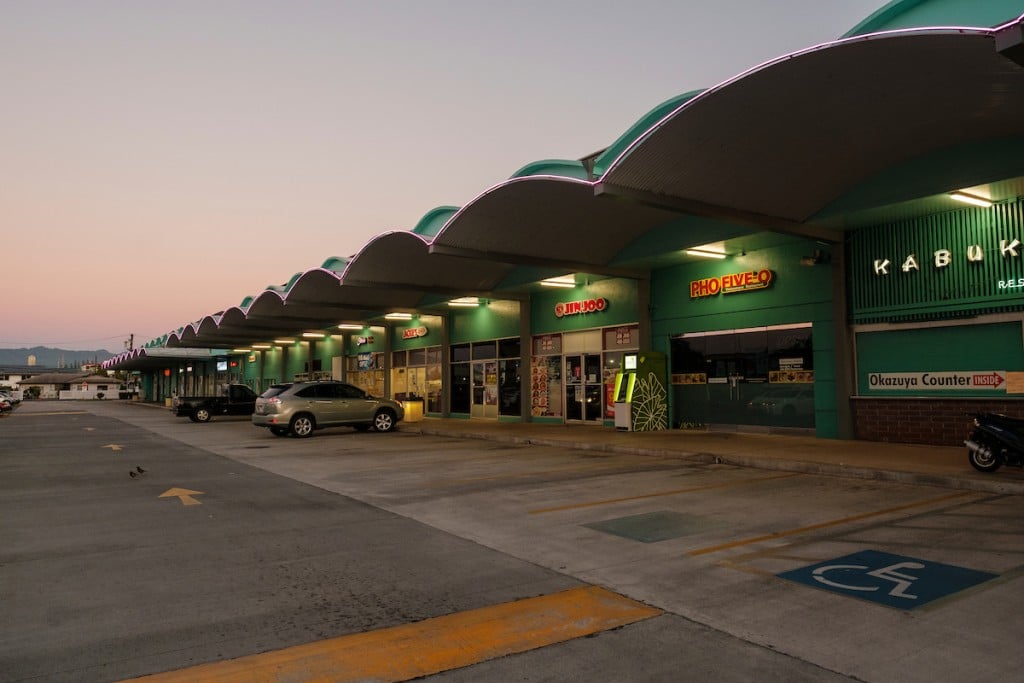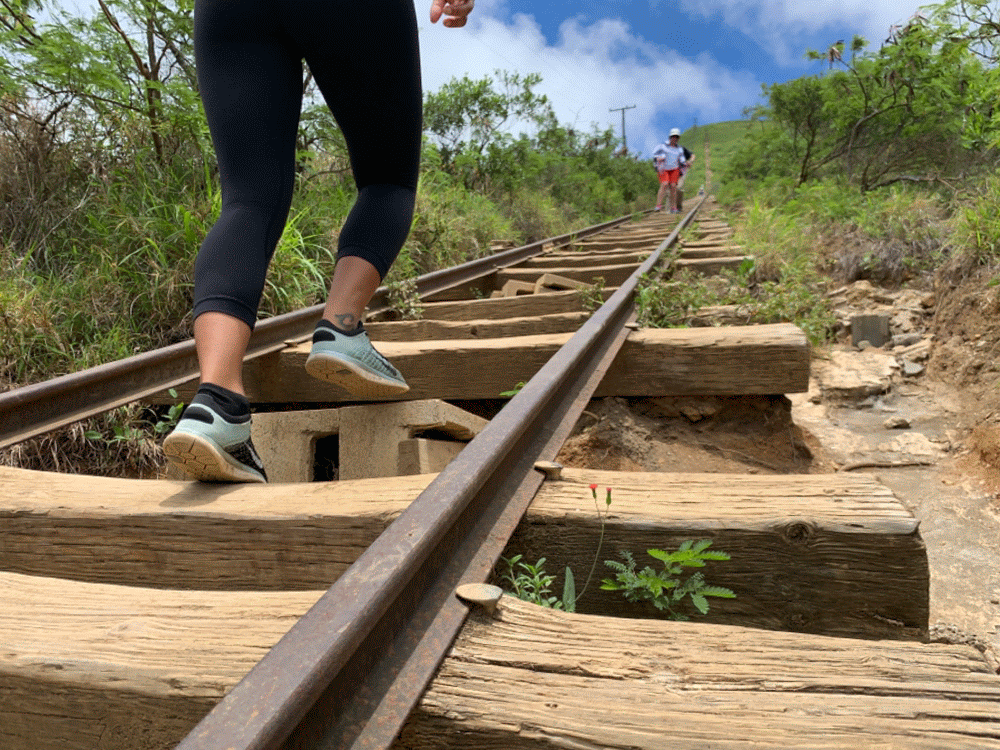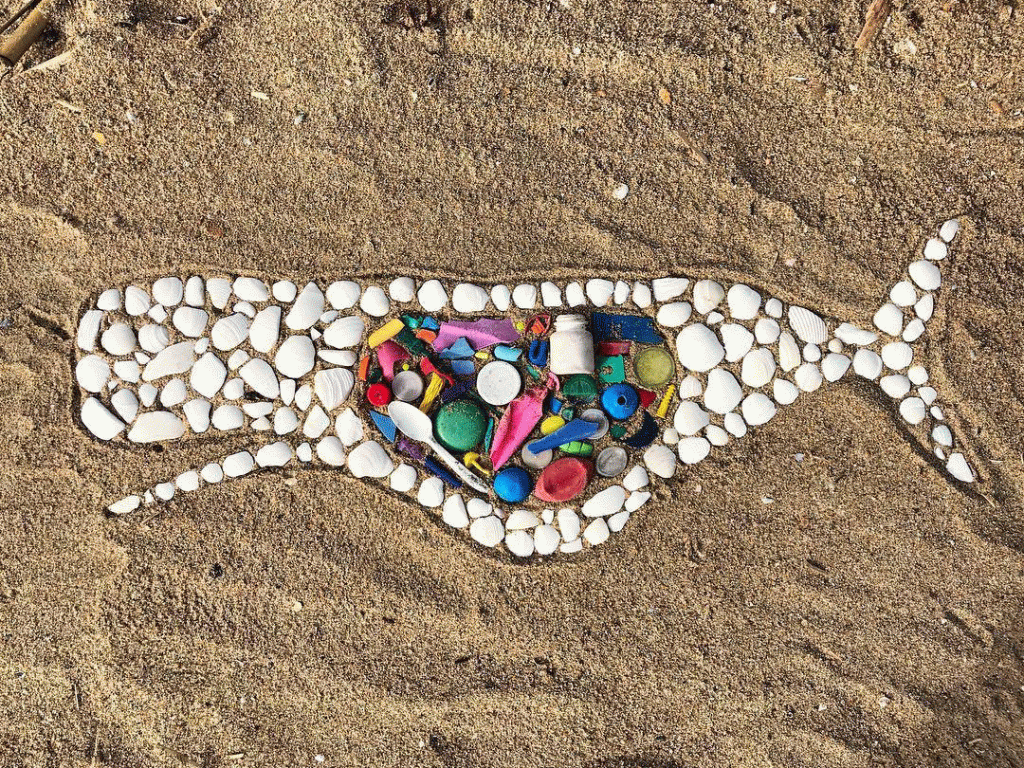Remembering Daniel Akaka, Hawai‘i’s Longtime U.S. Senator
We share some personal stories that made the first Native Hawaiian U.S. Senator stand out as someone whose life was guided by aloha.

Photo: Courtesy of U.S. Senate
News that longtime Hawai‘i Sen. Daniel Kahikina Akaka died today at 93 sent wide ripples throughout the community and nation for the former lawmaker, educator and gracious Native Hawaiian leader.
SEE ALSO: Read This Personal Interview with Former U.S. Sen. Daniel Akaka
While many paid tribute to his long career advocating for education, the environment, jobs and other issues, Akaka’s character and personal warmth prompted the most moving tributes.
Then-Gov. John Waihe‘e appointed Akaka to the Senate in 1990 after the death of Sen. Spark Matsunaga. “Everybody from Hawai‘i that went to Washington often ended up at his house for dinner, kind of like potluck and conversation,” Waihe‘e says.
“If you were in Washington, everyone knew Akaka,” Waihe‘e says. “He maintained his status as a Native Hawaiian statesman because of his personification of aloha—personification of what’s best about Hawai‘i.”
Akaka retired from the U.S. Senate on Jan. 3, 2013 to spend time with wife, Millie, and the rest of their ‘ohana.
His family said he died this morning at 5 a.m. at the Villas of St. Francis. He'd been in The Queen's Medical Center and the Villas nursing facility since November. Akaka is survived by wife, five children, 15 grandchildren and 19 great-grandchildren.
Nephew Dr. Jeffrey Akaka says he and his wife, Gayln, visited with the senator regularly, mostly on Sundays. Years ago, the younger Akaka recalls flying to an annual meeting of the American Psychiatric Association. His uncle invited him to stay in his apartment in Alexandria and even picked him up from the airport. After the senator showed Jeff his room and towels, Akaka excused himself. Much to his nephew’s surprise, Akaka had gone downstairs to iron his shirts. “He rubbed shoulders with the most powerful people in the world but would come home and iron his shirts and take care of his nephew,” Jeff says.
The younger Akaka says even when he was small, his uncle would always look out for guests: “He wouldn’t wait for an answer but just go to the cupboard to find something to eat.”
As Jeffrey Akaka absorbs the news that his uncle is gone, he’s hearing from others touched by the senator’s life. Early this morning, he texted a friend, “We can aspire to live aloha every day as he did himself in honor of him and how he lived.”
Writer Jim Borg worked closely with the senator while the two worked on Akaka’s memoir, One Voice.
“I met with him pretty much weekly, typically on Wednesdays, for two years beginning in January 2015,” at a downtown condo owned by a grandson, Borg says, that was packed with Akaka memorabilia, including photos of him with U.S. presidents and a replica of his Senate desk.

DANiel AND MILLIE Akaka, KAWAIAHA‘O CHURCH.
PHOTO: AKAKA FAMILY COLLECTION
“He never failed to ask how I was doing, personally, and always offered me a bottled water from the refrigerator,” Borg says. “Akaka has been called the embodiment of aloha, but he was more than that. He represented the kind of collegial and congenial spirit that is so glaringly missing in Washington today.”
While working on the book, Borg says he was struck by Akaka’s ability to avoid the fiery floor speeches, preferring to work the corridors of the Capitol, cultivating personal relationships with even his fiercest adversaries.
“But what struck me most about him was that he always took time to greet the clerks, janitors, security guards, elevator operators and dining room waiters, many of whom he knew by name,” Borg says.
Sen. Mazie Hirono says Akaka was widely known for his faithful attendance to the Senate Prayer Breakfast, and says she still gets asked about how he’s doing by members who miss him at the gatherings.
“Now more than ever, we have a pretty divided country and we would do well for us to remember that empathy and compassion are sorely needed,” Hirono says.
Longtime Hawai‘i Democrat Chuck Freedman knew Akaka before elected office back in the ’70s, when Akaka headed the state Office of Economic Opportunity.
“He was a real poverty warrior in those days,” Freedman says, acting decisively when then-President Richard Nixon tried to impound money for the poor.
“We’ve lost a real ambassador of what it means to not only be Hawaiian but be from Hawai‘i,” Freedman says. “It is unsurprising to me that the spirit he led with was so affirmatively infectious both here in Hawai‘i and across the country.”
Waihe‘e had visited Akaka recently. He pauses to consider Akaka’s legacy: “I wouldn’t call him quiet and effective,” a reference to former Gov. George Ariyoshi’s slogan, “he was pleasant and effective.”
And Akaka often advocated for issues with values rooted in Hawaiian culture, Waihe‘e says, such as “if you don’t take care of the earth and the ocean, bad things happen.” He adds that Akaka was progressive, especially on issues concerning the ocean, the environment and Hawaiian affairs.
“His constituency in Hawai‘i kind of loved him. They had strong feelings for him,” Waihe‘e says. “People helped him because they liked him.”
Back in 2006, Time magazine tagged him as among the least effective senators. In response, he told The Honolulu Advertiser: “I was taught not to be a show horse, but a workhorse.”
But Waihe‘e also says there was more substance than many saw. “What a lot of people may not be aware of, because of their personas, there’s the impression that Sen. Akaka deferred to Dan Inouye. Actually, in many cases the opposite was true. In many cases, Inouye deferred to Akaka, especially on things Hawaiian, and used his talent to implement what Akaka wanted.”

Hawai‘i’s congressional delegation (left to right: Daniel Inouye, Cec Heftel, Spark Matsunaga and Daniel Akaka).
Photo: Hawai‘i State Archives
Credit union advocate Sylvia Young worked with Akaka on financial literacy issues. “I used to go to D.C. with the credit union movement,” Young says. After he retired, he still helped out and “is known as the father of financial literacy on Capitol Hill.” She says he’s responsible for that financial disclosure box on our credit-card statement that tells consumers how long it will take to pay off the outstanding balance.
Young says, back in 1991, she got a call from a friend, Guy Takahashi, who said that his infant daughter, Chelse, was born with a rare heart condition and would likely die soon without surgery only available in San Francisco.
Takahashi told her he’d tried to pay for a private air ambulance but the company was unwilling to take his daughter because of the high risk. “So I called Sen. Akaka and his staff,” Young says. The staff found there was a military transport headed to San Francisco that could take her, she says, after Akaka arranged for the infant to be designated a ward of the secretary of the Air Force. “She got on that plane within 18 hours,” Young says. “Today that girl is 26 or 27 and very healthy.”
Retired school teacher Pilialoha Lee Loy recalled how people would often come up to the Akaka family while they were eating out to tell a story of how he had helped them. “Once, this woman said you taught music at ‘Āina Haina Elementary and you had to push the piano from classroom to classroom,” Lee Loy says.
“Another story was about his playing the tuba in a pick-up band. Campbell High School was wanting to start a band, so several Department of Education people, including Uncle Danny, would go and play music on the weekends and the money they made would go to buy instruments,” Lee Loy says.
The senator’s most famous piece of legislation is one that never passed. Officially called the Native Hawaiian Government Reorganization Act, the Akaka bill—which he proposed in various forms since 2010—attempted to establish a process for U.S. federal recognition of Native Hawaiians.
For many years, his alphabetically favored name made him the first name spoken to begin each roll call, which made him familiar for years to Capitol staffers and C-SPAN junkies across the nation. In 2012 when he was retiring, The New York Times penned a story about his place as No. 1 on the roll.

gov. George Ariyoshi and Lt. Gov. Nelson Doi lend support to DANiel Akaka CELEBRATE AN AKAKA VICTORY ON ELECTION NIGHT IN NOVEMBER 1976.
PHOTO: HAWAI‘I STATE ARCHIVES
People told the paper they found it reassuring, even with the interminable delays, to hear “Mr. Akaka” called out, which meant something was happening. The story continued: “It became very natural saying his name because of the three syllables, the first soft one and the two hard ones,” says David J. Tinsley, a longtime legislative clerk who called Mr. Akaka’s name hundreds of times before leaving the Senate in 2008. “It just kind of settled in. That is the one I will always remember when I think of calling the roll.”
As someone who first covered Hawai‘i politics in the mid-’80s, I’d often encounter Akaka. He was always gracious and polite, taking time to answer reporters’ questions, even some that other politicians dodged.
When I was sent to Washington, D.C. for political coverage, those I interviewed often expressed their respect for the powerful Inouye and their deep affection for Akaka.
The last time I saw him was at a reception for Pacific Island leaders at Washington Place. He had a lovely voice and was singing and playing the ‘ukulele, happily engaged in serenading the visiting dignitaries.
“He never said a harsh word about anybody,” Hirono says. “And I thought, how the heck can you be in politics? But there he was. I marveled at that but that’s also one of the reasons that he was much-loved.”
The Democratic National Committee praised him for seeking justice and opportunity for all Americans: “Our country and the state of Hawai‘i lost a great American today. As the first Native Hawaiian to serve in the U.S. Senate, Sen. Daniel Akaka was a fierce advocate for the people of Hawai‘i. From securing federal money to improve social programs for Native Hawaiians to being a leading voice in persuading the United States to formally apologize for its overthrow of the Kingdom of Hawai‘i, Sen. Akaka always put his constituents first.”
Biography
-
Born in Honolulu, Hawai‘i, Sept. 11, 1924
-
Attended public school, then graduated from The Kamehameha School for Boys high school in 1942
-
Graduated from the University of Hawai‘i with a Bachelor of Engineering in education, 1952, with a professional certificate in secondary education in 1953, a professional school administrator’s certificate in 1961 and a master’s degree in education in 1966
-
Served in the Army 1945–1947
-
In Hawai‘i, he was a teacher 1953–1960; vice principal in 1960; principal 1963–1971; program specialist, Compensatory Education, 1968–1971
-
Served as director, Hawai‘i Office of Economic Opportunity, 1971–1974; special assistant, Hawai‘i Office of the Governor, 1975–1976
-
Elected as a Democrat to Congress, serving from Jan. 3, 1977, until May 16, 1990, when he resigned to go to the Senate
-
Then-Gov. John Waihe‘e appointed Akaka to the U.S. Senate effective May 16, 1990, to fill the vacancy caused by the death of Sen. Spark Matsunaga; elected by special election on Nov. 6, 1990, as a Democrat to complete the term ending Jan. 3, 1995; re-elected in 1994, 2000 and 2006; and served from May 16, 1990, to Jan. 3, 2013
-
Served as chair, Committee on Veterans Affairs and Committee on Indian Affairs
On social media, there was an outpouring of comment from across the nation:
Had the pleasure of escorting Senator Akaka on a tour and ribbon cutting ceremony for our new Corrosion Repair Facility at Marine Corps Base Hawaii in 2010. He had a genuine interest to simultaneously protect our environment and improve the community through applied technology.
— M. Edward Sutton (@e_sutton1) April 6, 2018
Will be missed! Rest in Aloha Sen. Akaka! The most memorable meeting was preparing with Hawaii State Society Uke Hui to back him up at a function. He loved singing Hawaiian Lullaby – we were told one key, he sang another – much fun switching to his key.
— Moses K (@UkuleleHoloholo) April 6, 2018
Daniel K. Akaka was beloved by everyone in Hawaii, and his colleagues of both parties in Washington DC. A pure heart, a determined warrior for native Hawaiians, and a true public servant. We will miss you, Senator Akaka. Aloha.
— Brian Schatz (@brianschatz) April 6, 2018
Hawaii’s heart is broken this morning as we learn of the passing of one of Hawaii’s greatest statesman. Thank you, Senator Akaka, for your legacy of courage and love. You taught Congress and our nation how to fight with dignity and Aloha. We all aspire to lead like you.
— Colleen Hanabusa (@RepHanabusa) April 6, 2018
Senator Daniel Kahikina Akaka embodied the Aloha Spirit. He dedicated his life to serving the people of Hawaii as an educator, and in the U.S. Army, state government, the U.S. House, and the U.S. Senate. pic.twitter.com/1PiekJ9ur3
— Senator Mazie Hirono (@maziehirono) April 6, 2018
Senator Akaka truly embodied the aloha spirit & selflessly dedicated his life to serving others. He treated everyone equally, with kindness, respect & love – no matter who they were or how they treated him. He responded always with aloha, sharing his warm smile & embrace w/ all
— Tulsi Gabbard (@TulsiGabbard) April 6, 2018
"Senator Akaka served Hawaii with dignity, respect and humility. He never lost sight of his values and the need to protect our state and its people. Hawaii has lost an extraordinary statesman," House Speaker Scott K. Saiki. pic.twitter.com/2Ww5QiwSk5
— HI House Democrats (@hihousedems) April 6, 2018
A post shared by Playground Art Crew (@playgroundartcrew) on
READ MORE STORIES BY ROBBIE DINGEMAN
